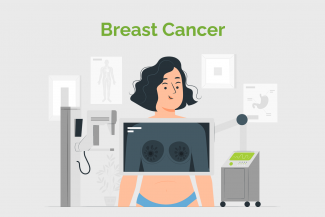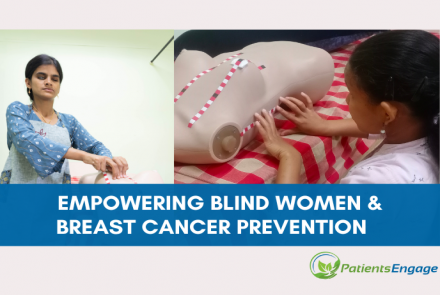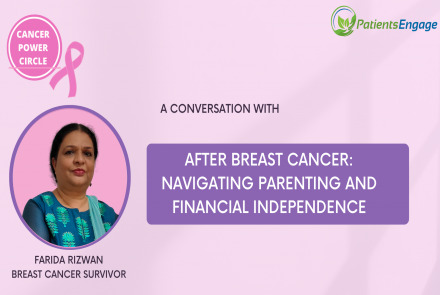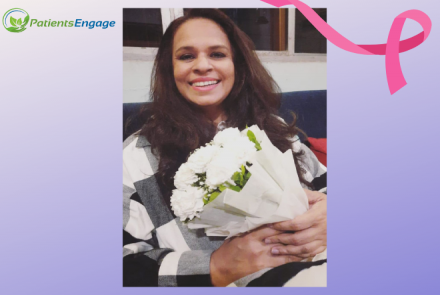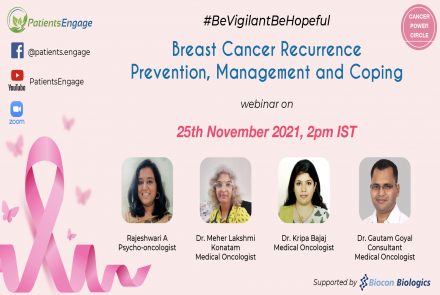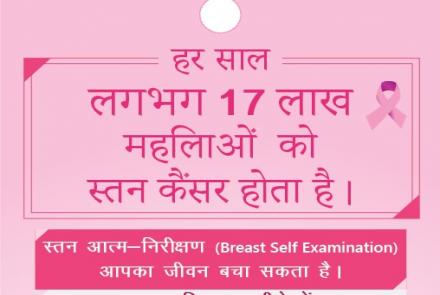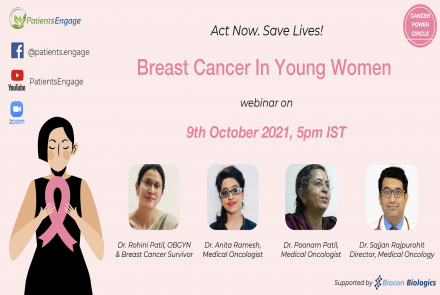
What tests do you need to have done
Early diagnosis of breast cancer significantly improves survival rates. Ninety per cent of women survive if the cancer is diagnosed early.
Self-examination
Women should examine their breasts once a month. If you are familiar with the feel of your breast, you can notify the doctor promptly about any changes in appearance or feel. According to the Johns Hopkins Medical Center, 40 per cent of diagnosed breast cancers are detected by women who feel a lump.
The best time to examine breasts is one week after the start of menstruation. Breast tissue is least swollen or tender at this time. If you no longer have your period due to menopause or the removal of your uterus, do your breast self-exam on a certain day of every month. Do not change the date from month to month.
How to perform a breast self-exam
- Remove your clothes above the waist and stand in front of the mirror.
- Look in the mirror for any visible change in your breasts, be it size, shape, swelling, redness, dimpling of the breast or inverted nipple.
- Raise your arms above the head or keep them on the hips and look again.
- Palpate breasts with the pads of your fingers to feel for a lump. Move fingers in a circular pattern, starting from the nipple and moving outwards. Palpate the entire breast including the tail of the breast (armpit).
- Lie down and palpate the breast again in the same way.
- Squeeze the nipple for any discharge.
Screening and diagnostic mammography
Mammogram is an X-ray of the breast. A screening mammogram is used to check for breast cancer in women with no symptoms. If there is anything suspicious, the doctor may recommend a diagnostic mammogram. This mammogram is more detailed and takes longer to undergo.
Breast ultrasound
Sound waves are used to provide a deeper picture of the breast. Ultrasound can distinguish between solid mass and fluid-filled cyst.
Breast Magnetic Resonance Imaging (MRI)
This uses powerful magnetic and radio waves to produce detailed images of the breast and the surrounding tissue. The MRI scan is useful in finding out the size of the breast cancer.
Invasive test
This includes biopsy. A small sample of breast tissue or cells is surgically removed and is tested for breast cancer. Biopsy is the only diagnostic method that can conclusively determine that the suspected area is a cancer. Tumour cells are examined under the microscope to determine whether the cancer in invasive or in situ, ductal or lobular, has already spread to the lymph node, and the stage of the cancer. There are several different types of breast biopsies.
- Fine needle aspiration (FNA): A very fine needle is used to remove the tissue or fluid from the breast. Doctors will choose FNA if the lump is easily accessible or fluid-filled.
- Core needle biopsy: A hollow needle is used to withdraw abnormal breast tissue. This is done under local anaesthesia. This offers clearer results than FNA as more tissue is withdrawn from the breast.
- Surgical biopsy or open biopsy: A part of the tumour or the entire tumour is removed. This is carried out under local anesthesia.
Molecular tests for tumour
Doctors may recommend certain laboratory tests on a tumour sample for specific gene or protein related to the tumour. This can help in planning the treatment.
- Estrogen receptor (ER) and progesterone receptor (PR) test
- Genetic testing of tumour
- Human epidermal growth factor receptor 2 (HER 2)
Additional tests
Depending on the patient’s medical history, symptoms, extent or spread of the tumour in the breast and lymph node, doctors may recommend some additional tests to evaluate the stage of the cancer.
- Chest x-rays to check if the cancer has spread from the breast to the lungs
- A bone scan to check if it has spread to the bone
- A computed tomography (CT) scan may be used to look for tumours in organs such as lungs, liver, bone and lymph nodes
- Positron emission tomography (PET) scan to check whether the cancer has spread to other parts of the body. This can be useful in finding out the stage of the cancer.

